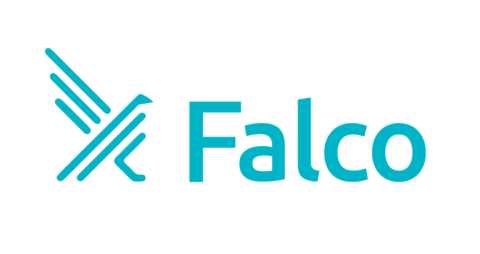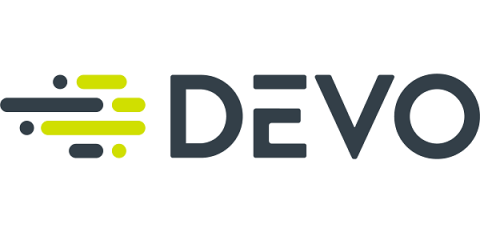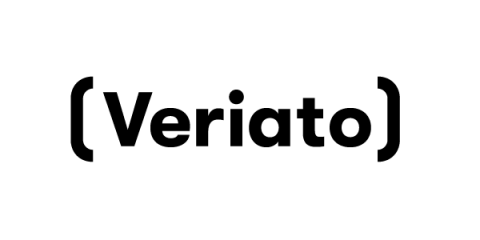Security | Threat Detection | Cyberattacks | DevSecOps | Compliance
Latest News
Insider Threats: Root Causes and Mitigation Practices
The recent IBM 2019 Cost of Data Breach survey found that the cost of a data breach had risen 12% over the past 5 years to $3.92 million on average. While 51% of the data breach attacks were attributed to malicious or criminal actors, a stunning 24% of the breaches were caused by negligent employees or contractors. The report also notesed that the 51% of the criminal actors included, “malware infections, criminal insiders, phishing/social engineering and SQL injection.”
How Log Monitoring Helps Cyber Security?
Logs have been important actors of cyber security environments for a while now. In this article, we will take a closer look on log monitoring and how it can help cyber security operations of your business.
A Cybersecurity Checklist for Monitoring SaaS Applications
Falco in the open
One of the most successful aspects of Kubernetes is how functional the open source community was able to operate. Kubernetes broke itself down in smaller sections called special interest groups, that operate similarly to subsections of the kernel. Each group is responsible for a single domain, and sets their own pace. One of the most important things to a Kubernetes SIG, is the residual SIG calls.
Disruption: The True Cost of an Industrial Cyber Security Incident
Industrial control systems are essential to the smooth operation of various national critical infrastructure. While once segmented from the web, these systems are now becoming increasingly more networked and remotely accessible as organizations transform to meet the digital age. This development potentially exposes industrial control systems to digital threats.
It's Time for a Better Workflow: Devo and Demisto Edition
Security Operations Centers (SOCs) are known as the “nerve center” of enterprise cybersecurity programs; others view them as “war rooms” or “situation rooms.” Regardless of the moniker, one thing is clear: their function is viewed as a critical competency.
Five Ways AI is Cutting Costs in Start-Ups and Small Businesses
Companies of various sizes have embraced the concept of the lean startup. Organizations are continually looking for ways to save money and stretch limited budgets to the max. Thanks to the growth in diverse applications of artificial intelligence, technology is helping companies achieve this goal.
Canada's Recommendations for Upholding Digital Security in the Financial Sector
On 29 July 2019, Capital One disclosed a digital security incident in which an outside individual gained unauthorized access to its systems. That party then leveraged their access to obtain the personal and financial information of Capital One cardholders as well as of individuals who at one point applied for a credit card. Overall, the bank holding company estimated that the breach affected 100 million Americans as well as six million Canadians.
IBM Study Shows Data Breach Costs on the Rise
For the 14th consecutive year, IBM Security released its annual Data Breach Report that examines the financial impact of data breaches on organizations. According to the report, the cost of a data breach has risen 12% over the past 5 years to $3.92 million per incident on average. These rising expenses are representative of the multi-year financial impact of breaches, increased regulation and the complex process of resolving criminal attacks.








